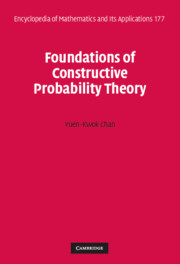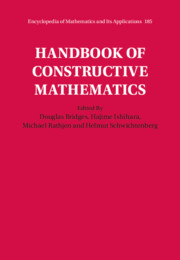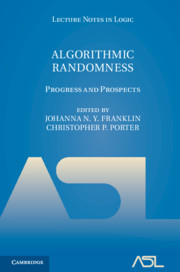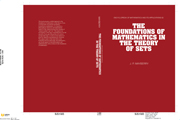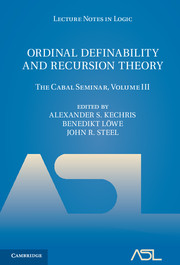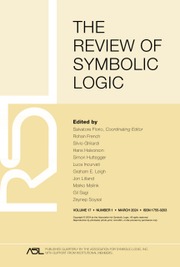Foundations of Constructive Probability Theory
Using Bishop's work on constructive analysis as a framework, this monograph gives a systematic, detailed and general constructive theory of probability theory and stochastic processes. It is the first extended account of this theory: almost all of the constructive existence and continuity theorems that permeate the book are original. It also contains results and methods hitherto unknown in the constructive and nonconstructive settings. The text features logic only in the common sense and, beyond a certain mathematical maturity, requires no prior training in either constructive mathematics or probability theory. It will thus be accessible and of interest, both to probabilists interested in the foundations of their speciality and to constructive mathematicians who wish to see Bishop's theory applied to a particular field.
- The first systematic account of probability theory in the framework of Bishop's constructive analysis
- Contains many original existence and continuity results in constructive probability theory
- Suitable for beginning graduate students without prior training in probability or constructive mathematics
Reviews & endorsements
'After decades out of academia, Chan (a highly talented doctoral student of Errett Bishop's) has returned to the fold with this massive volume of mostly original, and highly valuable, research on constructive probability and measure theory. His book should be the definitive reference for Bishop-style work on those aspects of analysis for the foreseeable future. I cannot recommend it highly enough.' Douglas Bridges, University of Canterbury
'Foundations of Constructive Probability Theory extends the range of constructive mathematics to the arena of probability theory. It can well serve as a parallel introduction into constructive mathematics and rigorous probability theory. It can be challenging to traditional mathematicians to give up the proof of existence of mathematical objects by proving that the assumed nonexistence leads to a contradiction, without ever having shown a construction of the actual object. The treatment of the book is at the highest measure-theoretic level using the Daniell integral approach, covering many basic topics such as random variables, probability distributions, weak convergence, independence and conditional expectations, and the Central Limit Theorem. This is followed by a broad range of topics in stochastic processes. It will also serve well as a foundation of further research in that area.' Fritz Scholz, University of Washington
'The definitive work on constructive probability by Errett Bishop's most talented student. Classical probability theory is treated in a computational way while focusing on the mathematics.' Fred Richman, Florida Atlantic University
'This book is an important contribution to Bishop-style constructive mathematics (BISH), as it offers an elaborate development of constructive probability theory within Bishop-Cheng Measure Theory (BCMT).' Iosif Petrakis, zbMATH
Product details
May 2021Hardback
9781108835435
550 pages
150 × 230 × 40 mm
1.12kg
Available
Table of Contents
- Part I. Introduction and Preliminaries:
- 1. Introduction
- 2. Preliminaries
- 3. Partition of unity
- Part II. Probability Theory:
- 4. Integration and measure
- 5. Probability space
- Part III. Stochastic Process:
- 6. Random field and stochastic process
- 7. Measurable random field
- 8. Martingale
- 9. a.u. continuous process
- 10. a.u. càdlàg process
- 11. Markov process
- Appendix A. Inverse function theorem
- Appendix B. Change of integration variables
- Appendix C. Taylor's theorem
- References
- Index.

